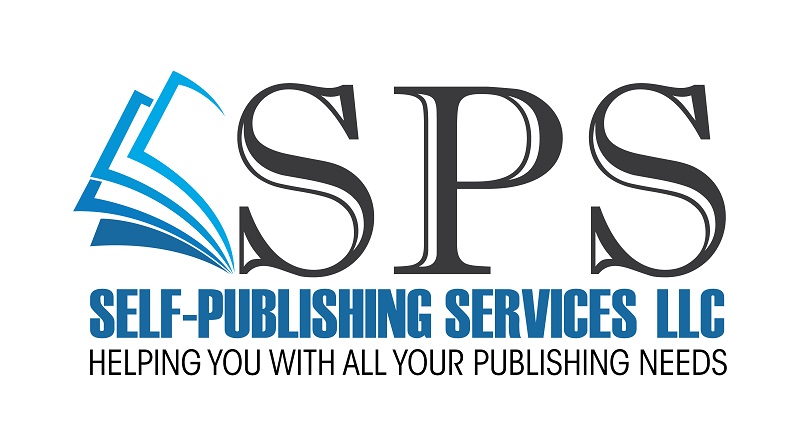Marketing vs Publicity
In trying to make marketing suck less, we’re helping you get a handle on the difference between marketing and publicity. Setting them up as an oppositional pair is a bit disingenuous. After all, publicity is really part of marketing. Kind of like all squares are rectangles, but not all rectangles are squares.
Marketing starts with your author platform and the intentional choices you make to build awareness of your book with your target audience.
What it is: Marketing is all the promotional activity you initiate and control to get your book in front of readers. It includes your author website, social media presence, email list, book signings, paid advertising (if you have the budget), and any content you create to promote your book (blog posts, videos, etc.).
The goal: Build a community of fans, establish your brand as an author, and directly drive sales. You're in the driver's seat, deciding how to present yourself and your work.
Examples:
Creating engaging posts on social media about your writing process or characters.
Offering a free short story to readers who sign up for your email list.
Running a giveaway for your book on Goodreads or another platform.
With publicity, or what we refer to as earned media, you put your book and/or marketing materials in the hands of a third party and hope for the best.
The goal: Publicity builds buzz, credibility, and social proof. When someone else talks about how amazing your book is, it holds more weight than you saying it yourself.
What it is: Publicity is the media attention you don't directly control. It's the gold star of book promotion because it comes from external sources like book reviewers, bloggers, journalists, or even other authors.
Examples:
Getting your book reviewed in a literary journal or magazine.
Being featured on a podcast or radio show about books.
A bookstagrammer with a large following raving about your book on Instagram.
Both are valuable; they are not equally accessible.
Anyone can set up a social media account, create a content calendar, and work on building a following. Anyone can send a PR package to Oprah, but only a select few (and likely only those with a personal connection or high-powered PR firm) get picked for her book club.
So how do you get people with their own platforms and their own agendas to talk about your book? Here are our best tips.
-
Start strong with the messaging you control. Be thoughtful about your platform, and create something that consistently reflects your story/author persona so anyone who accesses it gets a cohesive experience.
-
As with all things marketing, success starts with knowing your audience. In the pursuit of earned media, curate your outreach list with care. Scour bookstagram, booktube, booktok, blogs, and the internet at large for people who have positively reviewed your comp authors/comp titles. These are people who are already inclined to like your work.
-
Size doesn’t really matter. Reviewers with a large following are swamped with requests which decreases the odds that your book will grab their attention. Definitely still reach out to them, but don’t neglect those with smaller audiences. Those tens of views add up.
-
Once you’ve identified a handful of potential good fit reviewers, leave the transactional mentality behind. Reviewers are readers at heart, and your goal is to find readers who like your books (aka, your audience).
-
Start by making sure you know their pitch preferences. Most reviewers will tell you exactly what information they want and how they want it. Then, write something personal. “Hey, BookReviewer, in your post from X Date I see you really loved Comp Title because Reason. I thought you might like My Title because it contains some similar themes. Also, I totally agree with Something Specific and Positive You Said about Some Other Title (in an entirely different post).” And so on. Don’t be cheesy, but don’t treat it like a drive-by. (See note about Build Relationships above. Do your part.)
-
Give it time. Just like pitching to agents and editors, responses can be a long time coming. Reviewers who have a giant backlog of books to read might slot yours weeks or months out. Keep this in mind, especially when you’re planning your launch.
-
Stick with it. Actively seeking feedback requires a great deal of vulnerability, and not everyone is going to like what you write. If you get a rejection or a bad review, keep your chin up. Persevere. (But if you get multiple reviewers offering the same constructive criticism, think about what that might mean…)
Navigating the realms of marketing and publicity can feel daunting, but understanding the distinctions and how they complement each other is crucial. By leveraging your marketing efforts to build a strong author platform and engaging community, you set the stage for effective publicity that can amplify your reach.
Remember, the key to successful book promotion lies in the balance: control what you can with your marketing strategies, and be strategic and patient with your pursuit of earned media. Keep building relationships, curating your outreach, and above all, stay resilient. Your dedication and thoughtful approach will pave the way for your book to find its audience and thrive.
